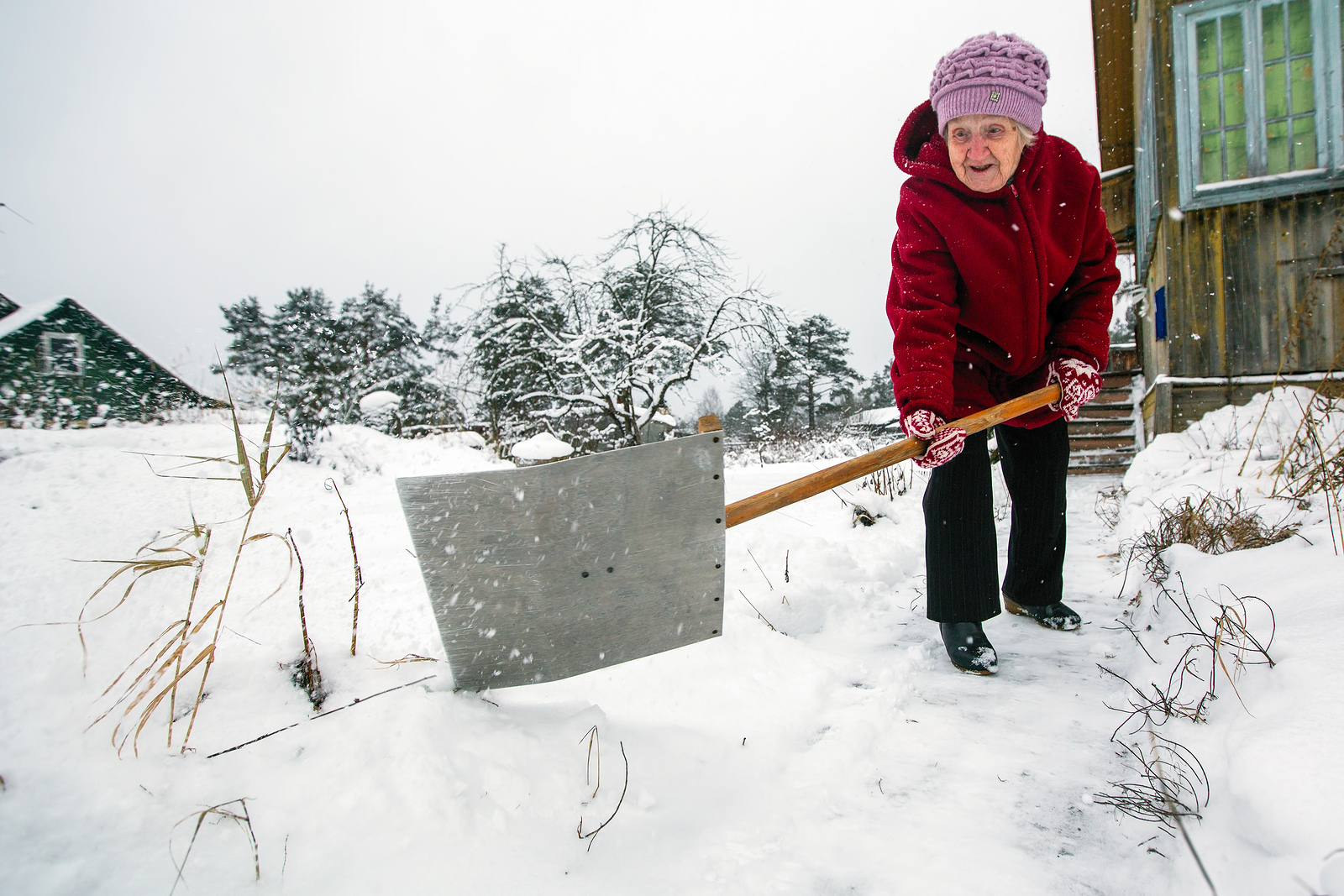
Winter is a beautiful time of the year. The snow sparkles and it’s the perfect weather to sit in front of the fireplace with a warm cup of cocoa. But, for older adults, winter also brings some safety concerns. There’s ice to slip on, cold weather that can cause hypothermia, and a risk for frostbite. There are lots of ways family caregivers can keep their older family members safe from cold and ice, though. Below are 5 safety tips for caregivers to use this winter.
#1: Know the Signs of Hypothermia
Older adults are more susceptible to hypothermia than younger people are because their bodies lose heat more quickly. Age-related changes also make it harder for them to tell when they are starting to get cold. To keep older adults safe, caregivers should know the signs of hypothermia, which are:
- Pale or ashy skin that is cold to the touch.
- Sleepiness and confusion.
- Weakness.
- Difficulty walking.
- Slow breathing or heart rate.
#2: Keep the House Warm
It’s possible for seniors to get hypothermia even if they don’t go outside. Sometimes seniors keep the temperature set low in their houses to save money on heating bills. However, if it’s set too low, it can be a problem. The thermostat should be set no lower than 68 degrees Fahrenheit. Put blankets and sweaters in places where older adults can get to them easily.
#3: Avoid Slipping on Ice
Falling can cause serious injuries, like broken bones. Make sure your aging relative wears shoes or boots with good traction. Arrange to have their walks shoveled promptly after a snowfall and use sand or salt to take care of icy spots.
#4: Prevent Carbon Monoxide Poisoning
Faulty furnaces, fireplaces, and space heaters can cause carbon monoxide to reach dangerous levels. Have the furnace and chimney inspected by a professional every year. Also, make sure the house has a working carbon monoxide detector with fresh batteries.
#5: Bundle Up
To stay warm outside, caregivers should help seniors to bundle up in layers of clothing. Air gets trapped between the layers and creates another layer of insulation. Make sure they wear a hat, scarf, and gloves, too.
#6: Use Home Care
Older adults may need to be checked on more often in cold weather. Home care providers can stop by the senior’s home as often as needed to make sure the house is warm enough and your family member has everything they need.
If you or an aging loved-one are considering home care in Grosse Pointe, Michigan, please talk to the caring staff at Hope Senior Home Care today 313.881.3132.
Sources
https://www.nia.nih.gov/health/cold-weather-safety-older-adults
http://www.healthinaging.org/resources/resource:winter-safety-tips-for-older-adults/

